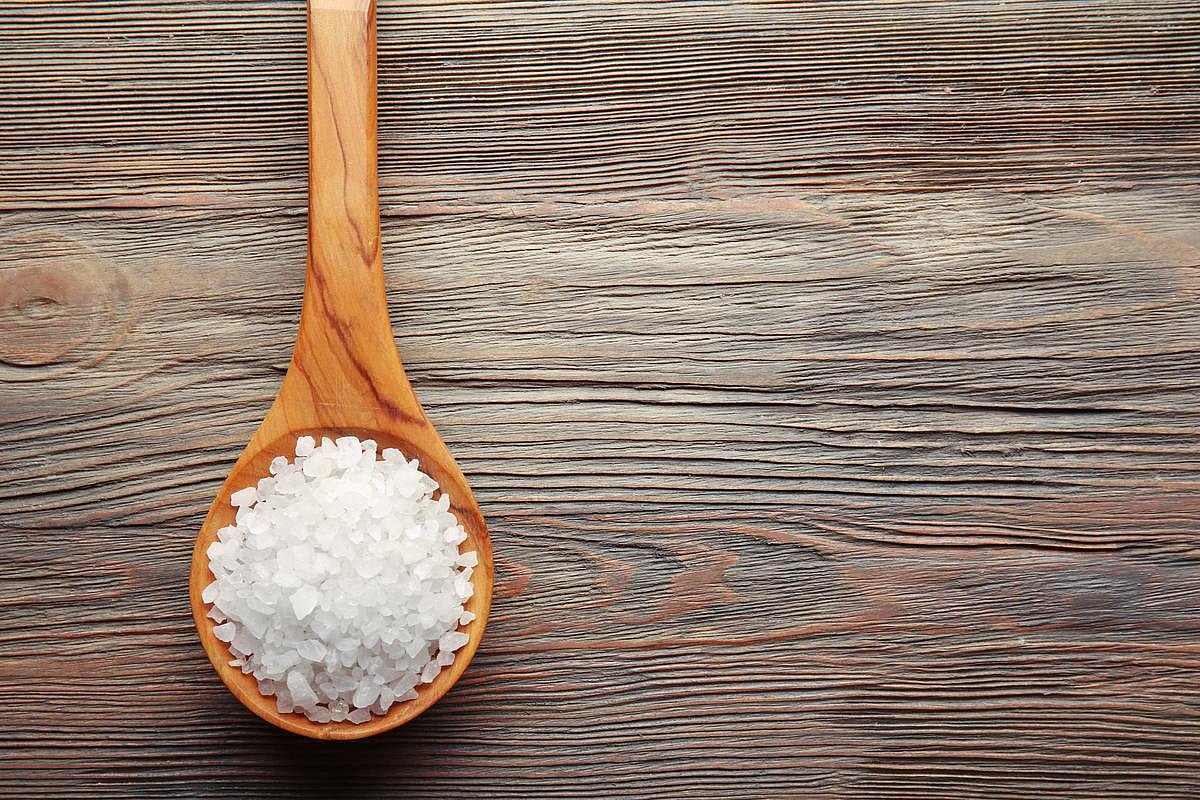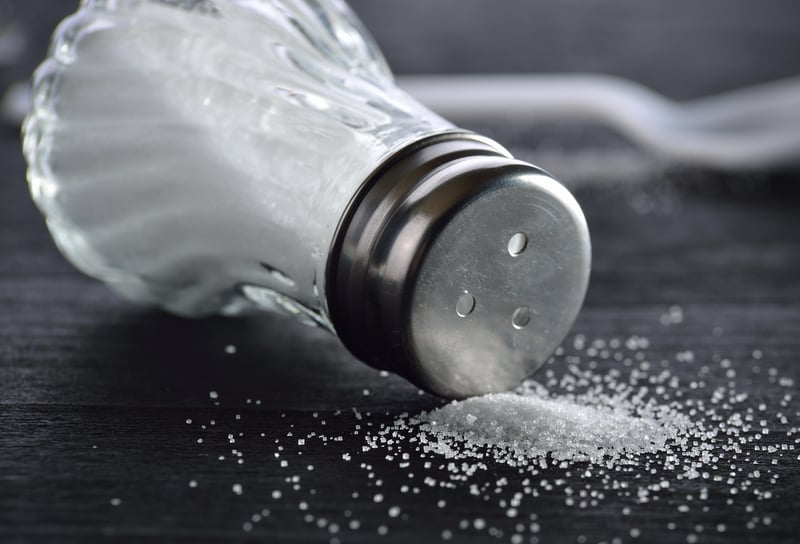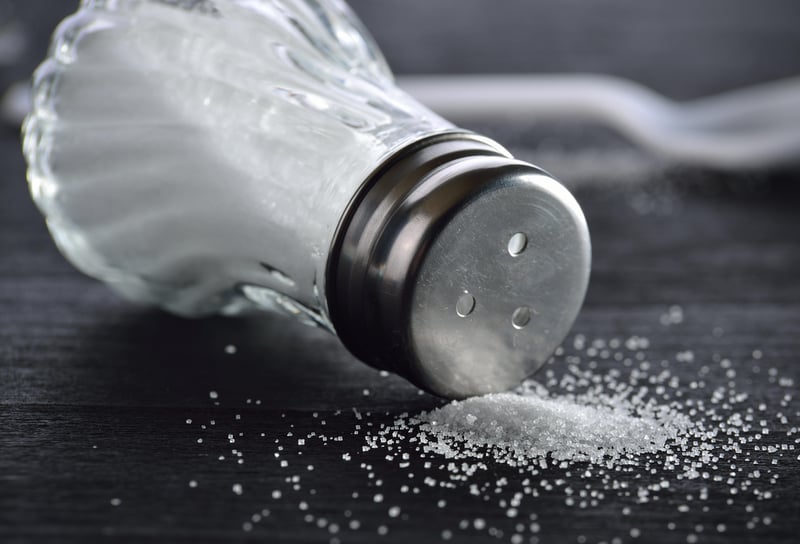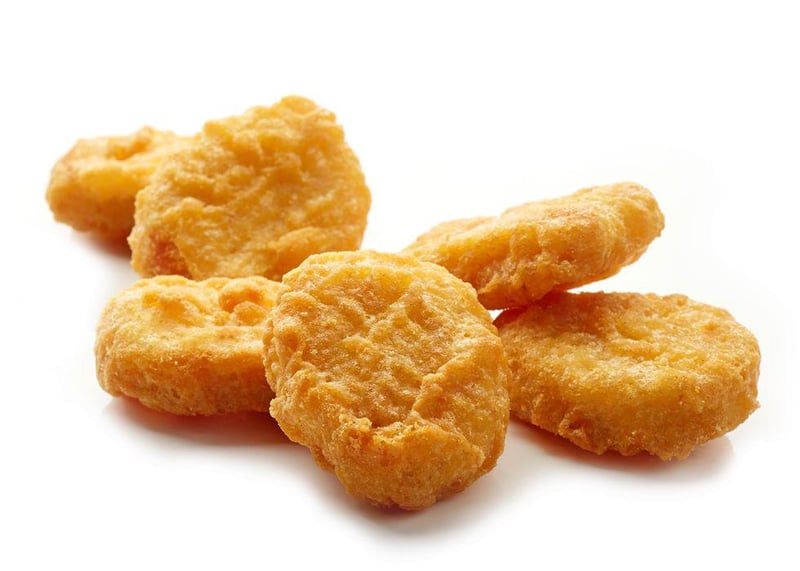Get Healthy!
Results for search "Salt / Sodium".
30 Jan
Hidden Salt in Tap Water May Raise Blood Pressure
A new study links higher salt levels in tap water to increased blood pressure and a greater risk of hypertension.
23 May
Sugar, Fat and Sodium on the Rise in Kids’ Breakfast Cereals, New Study Finds
Researchers analyze 1,200 ready-to-eat cereals and find increasing amounts of sugar, fat and sodium, and decreasing amounts of protein and fiber.
Health News Results - 15
You might not notice a pinch of salt missing from your bread, sandwich or pizza, but your body definitely will, according to a pair of new European studies.
Efforts to lower sodium levels in packaged and prepared foods are expected to improve heart health in both France and the U.K., researchers write in the February issue of the journal
Most people with high blood pressure aren’t skipping the salt shaker in favor of a salt substitute, according to a new study.
Incredibly few Americans use salt substitutes, essentially waving aside a simple and effective way to manage their blood pressure, researchers repo...
- Dennis Thompson HealthDay Reporter
- |
- September 5, 2025
- |
- Full Page
Nearly half of U.S. adults should receive earlier treatment for high blood pressure, including lifestyle changes and medications, according to a set of new guidelines issued by America’s top heart health groups.
The guidelines call for early and more individualized treatme...
- Dennis Thompson HealthDay Reporter
- |
- August 15, 2025
- |
- Full Page
These days Americans can agree on few things, but unfortunately, pizza, soup and chicken aren’t among them, a new study says.
Those three foods are some of the main sources of sodium for Americans of all racial and ethnic groups, contributing to high blood pressure and hea...
- HealthDay Reporter
- Dennis Thompson
- |
- May 29, 2025
- |
- Full Page
It may seem counterintuitive, but a new study review suggests that consuming too little salt could be harmful to heart failure patients.
Doctors currently recommend a low-sodium diet to lower blood pressure and avoid fluid buildup and swelling, which can be common symptoms for heart failure. The condition develops when the heart muscle becomes too weak or stiff to effectively pump blood ...
- HealthDay Reporter
- Cara Murez
- |
- February 24, 2023
- |
- Full Page
Americans eat too much salt and more than a dozen favorite and convenience foods are largely to blame.
Nearly 90% of Americans exceed dietary guidelines for sodium intake, a risk factor for high blood pressure and heart disease.
- HealthDay Reporter
- Cara Murez
- |
- February 16, 2023
- |
- Full Page
Toss out your salt shaker if you want to lower your risk of heart disease, a new study suggests.
Even if you already follow a low-salt diet, sprinkling salt on your food can raise your risk for heart disease, heart failure and plaque in cardiac arteries, researchers report.
"Compared with people who always added salt to foods -- usually at the table -- those who sometimes, rare...
- HealthDay Reporter
- Steven Reinberg
- |
- November 30, 2022
- |
- Full Page
Swapping salt out for the salt substitute potassium chloride lowers blood pressure, and thereby the risk of heart attack, stroke and cardiovascular disease, a new analysis finds.
"It's in processed and prepared foods where most people in developed countries get their salt," explained senior researc...
- HealthDay Reporter
- Steven Reinberg
- |
- August 10, 2022
- |
- Full Page
People who douse their meals in salt may have a shorter life than those who rarely reach for the salt shaker, a large new study suggests.
The study, of more than 500,000 British adults, found that those who always sprinkled salt on their food at the table were 28% more likely to die prematurely than people who rarely added salt to their meals.
On average, salt lovers shaved about tw...
- HealthDay Reporter
- Amy Norton
- |
- July 11, 2022
- |
- Full Page
If you have heart failure, there's good news and bad news on how much it would help you to cut back on salt.
New research finds that while it doesn't prevent death or hospitalization among patients, it does appear to improve their quality of life.
Patients wit...
- HealthDay Reporter
- Steven Reinberg
- |
- April 5, 2022
- |
- Full Page
Instead of adding salt to their meals, older adults can use spices to give their food more zip and keep their blood pressure under control, new research suggests.
"We were working specifically with a population of older adults to see if we could reduce the amount of salt in a product and then tailor it to their tastes," explained study leader Carolyn Ross. She is a professor of food scien...
- HealthDay Reporter
- |
- February 8, 2022
- |
- Full Page
Online grocery shopping has skyrocketed during the pandemic, but many websites are making it hard to find nutrition information on products, a new study shows.
In the United States, packaged foods are required to have a nutrition facts label, ingredients list and w...
- HealthDay Reporter
- Amy Norton
- |
- January 20, 2022
- |
- Full Page
China and the United States are super powers of salt consumption.
The two world leaders emerged with the highest salt levels in processed meat and fish products among five countries assessed in a new study.
High salt levels in food is a major cause of high blood pressure and its related risks of heart and kidney diseases and death. The World Health Organization recommends a maximum ...
- HealthDay Reporter
- Robert Preidt
- |
- October 19, 2021
- |
- Full Page
The U.S. Food and Drug Administration announced Wednesday that it is lowering the recommended levels of sodium in processed, packaged and prepared foods.
The goal of the new, voluntary guideline is to help reduce Americans' average sodium intake from 3,400 milligrams (mg) to 3,000 mg per day -- roughly a 12% reduction -- over the next 2.5 years.
"It's really a pivotal day for the he...
- HealthDay Reporter
- Steven Reinberg and Robert Preidt and Robin Foster
- |
- October 13, 2021
- |
- Full Page
Everyone knows that drinking plenty of water every day can improve your health in a myriad of ways, but here's a lesser-known benefit: New research suggests that middle-aged adults can lower their long-term risk for heart failure by simply drinking enough water on a daily basis.
The finding follows an analysis that stacked heart health up against blood salt levels -- an indicator for over...
- HealthDay Reporter
- Alan Mozes
- |
- August 24, 2021
- |
- Full Page

.jpg?w=1920&h=1080&mode=crop&crop=focalpoint)











